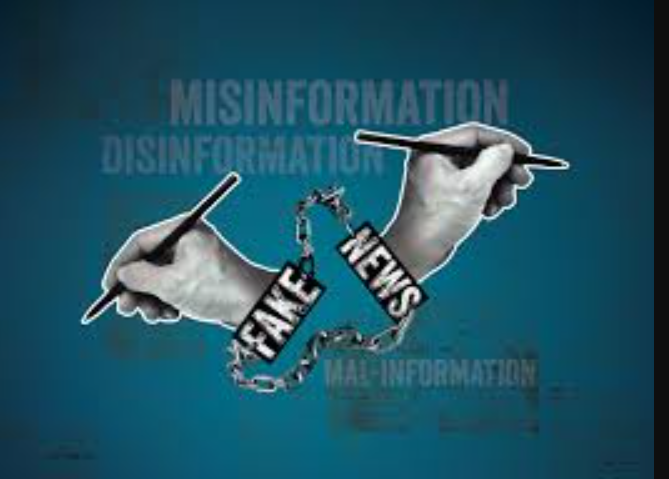As Nigeria marks 26 years of uninterrupted democracy, media professionals have called for stronger protections for press freedom and greater efforts to improve digital literacy to curb the rising tide of misinformation in the country’s media landscape.
Speaking at a recent forum, scholars and media experts highlighted the dual challenge facing journalism in the digital age — threats to press freedom and the unchecked spread of disinformation.
Dr. Ganiyat Tijani-Adenle, Senior Lecturer in the Journalism Department, Faculty of Communication and Media Studies at Lagos State University, emphasized the need for accountability in protecting journalists and media organisations.
“I think we should start by ensuring that there are consequences for abusers of journalists’ and news organisations’ rights. There is no press freedom without accountability,” she said.
Tijani-Adenle also stressed the importance of media literacy in an era where censorship is not a viable solution. “We can’t censor people. But we can provide adequate media literacy education, so that media audiences are able to assess the information that they are exposed to,” she noted.
She added that Artificial Intelligence (AI) has the potential to enhance journalism by supporting news gathering and content presentation. She urged media unions like the Nigerian Union of Journalists (NUJ), Nigerian Guild of Editors (NGE), and Nigerian Association of Women Journalists (NAWOJ) to promote ethical AI practices in journalism.
Reflecting on developments in the media space since 1999, Tijani-Adenle praised the growth of diverse media outlets, including special interest radio stations like Women Radio and Human Rights Radio, and the rise of digital integration in newsrooms.
“The goal should be to leverage these innovations to enrich journalism practice, provide media audiences with enriching information, and promote democracy and good governance,” she said.
Echoing these sentiments, Dr. Ikechukwu Obiaya, Dean of the School of Media and Communication at Pan-Atlantic University, said that government must respect and uphold press freedom if it expects to be seen as a true partner in democratic development.
“We can hardly expect the government to safeguard press freedom if at the same time it is guilty of violating that freedom,” Obiaya stated. “A greater appreciation of the role of the press will help in guaranteeing journalists their freedom to do their work.”
He also warned against calls for repression as a response to fake news and disinformation. “Repression has never served to eradicate anything. Rather than repression, I would suggest that more attention should be paid to making people media literate,” he advised.
Michael Ogbemudia, a lecturer at Elizade University, also contributed to the conversation, reinforcing the consensus that digital education is a more sustainable solution to Nigeria’s information disorder.
As the digital media ecosystem continues to evolve, the experts called on stakeholders, including government, academia, and media professionals, to work together to protect press freedom and empower citizens with the skills needed to navigate today’s complex information environment.

